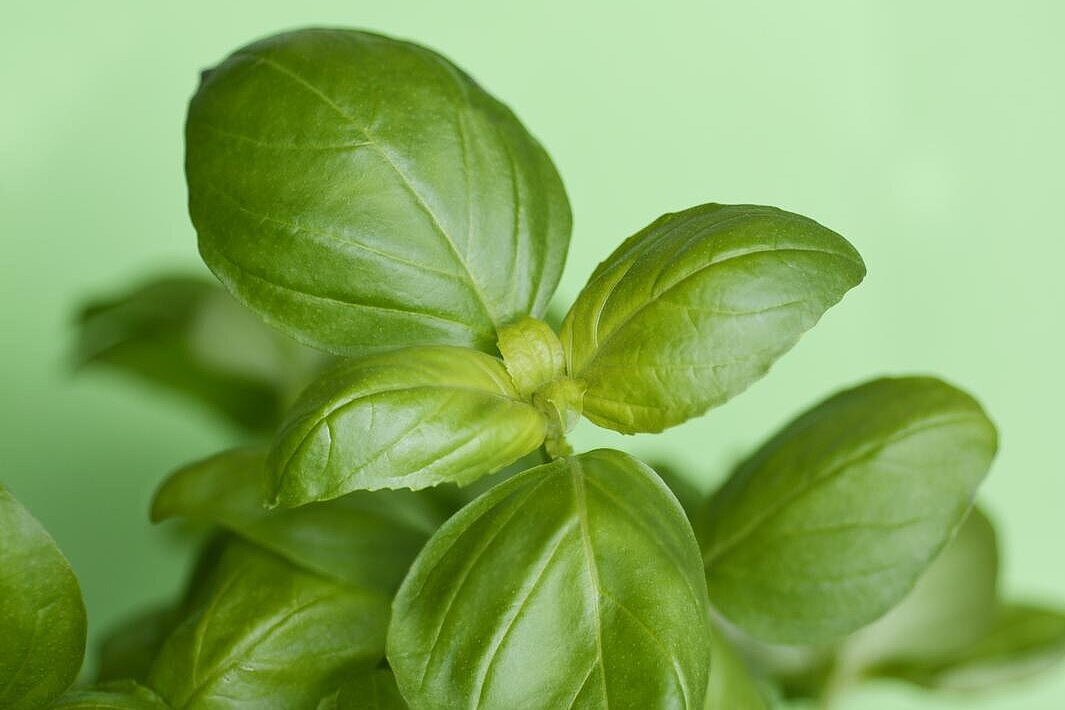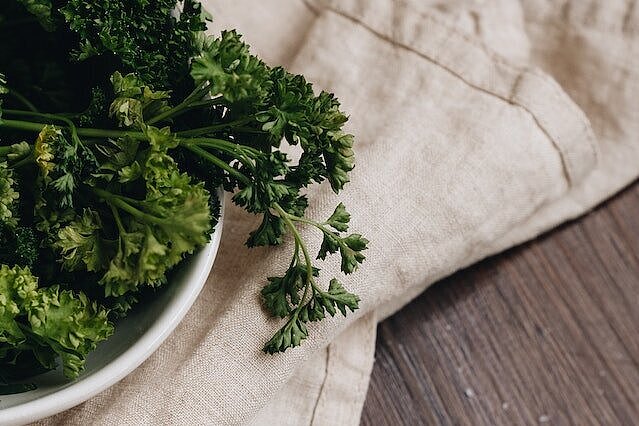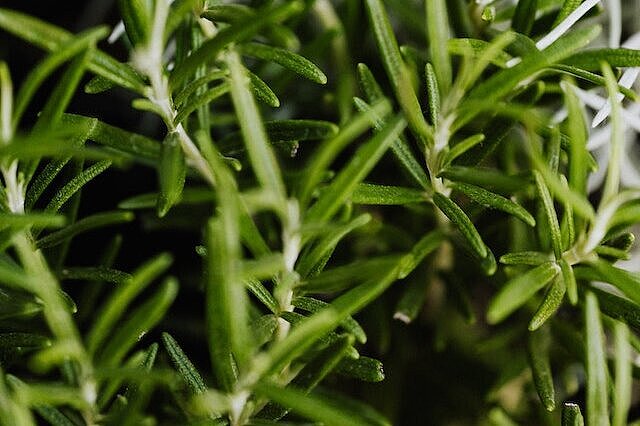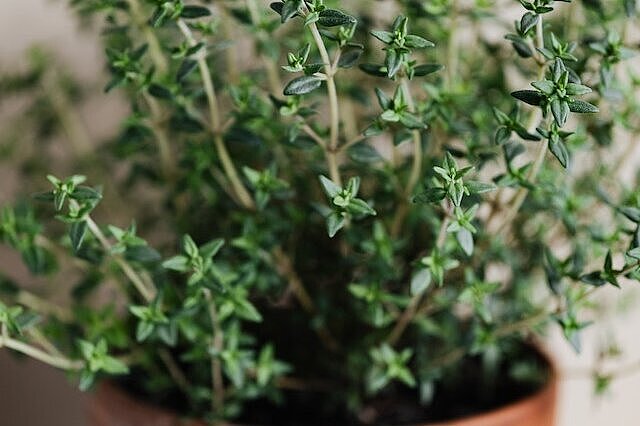Herbs
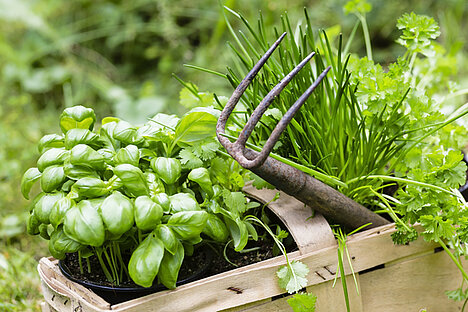
Herbs are not only delicious condiments for our food, but also natural remedies for many ailments. Dogs can also benefit from the health-promoting properties of certain herbs if they are used correctly. In this article, you will find out what herbs are, what benefits and disadvantages they have and how you can feed them to your dog.
What are herbs?
Herbs are plants or parts of plants that are used for their aroma or active ingredients. They can be fresh or dried, whole or crushed, as tea or oil. Herbs contain various ingredients, such as vitamins, minerals, flavonoids, antioxidants or essential oils, which can have different effects on the body depending on the herb.
What are the benefits of herbs for dogs?
Herbs can supplement your dog's diet and support his health. For example, they can
- strengthen the immune system
- promote digestion
- inhibit inflammation
- ward off parasites
- stimulate the metabolism
- care for the skin and coat
- calm the nerves
- freshen the breath
Herbs can also help with certain diseases or ailments, such as
- osteoarthritis
- cystitis
- coughs
- diarrhea
- inflammation of the gums
- Stress
What are the disadvantages of herbs for dogs?
Herbs are not always harmless and can also have side effects or interactions. You should therefore always pay attention to the following points:
- Not all herbs are suitable for dogs. Some can be poisonous or intolerable, such as garlic, onions, wild garlic or chocolate mint.
- Not all dogs tolerate herbs equally well. Some may be allergic or sensitive, such as dogs with kidney problems or gastritis.
- Not all herbs are suitable for every situation. Some can be counterproductive or dangerous, such as basil for pregnant bitches or sage for epilepsy.
- Not all herbs should be fed permanently. Some can lead to an overdose or habituation, such as valerian or camomile.
How do you feed herbs to dogs?
If you want to give your dog herbs, you should inform yourself well beforehand and stick to the following rules:
- Start slowly and observe your dog's reaction. Only increase the amount gradually and reduce it if there are signs of intolerance or overdose.
- Only use high-quality and fresh herbs from organic cultivation or from trustworthy sources. Avoid herbs from the supermarket or from your own garden that may be contaminated with pesticides or harmful substances.
- Mix the herbs into your dog's food or make a tea from them. You can also make an oil from the herbs or buy a ready-made oil. Make sure you choose the right concentration and don't give too much.
Herbs are plants or parts of plants that are used for their aroma or active ingredients. They can support dogs' health by strengthening the immune system, aiding digestion, reducing inflammation, warding off parasites and much more. However, caution is advised as not all herbs are suitable for dogs and may have some side effects. Herbs should be introduced slowly and fed in appropriate amounts. The quality and origin of the herbs are also important.
Properties 12
Are you looking for other ingredients with a specific property?
Just click on them to find more.
If you notice any signs of hypersensitivity or poisoning in your dog, you should see your vet immediately. We are not a substitute for a vet, but we try to be as accurate as possible. Every dog reacts differently and we recommend you get a second opinion or consult your vet if in doubt.
Stay healthy and take good care of your four-legged friend!😊
Similar to Herbs
Basil is a green herb that belongs to the labiate family. There are many different varieties of basil, including the classic Genovese basil and the sweet basil. This herbal ingredient has a...
Parsley is a plant from the umbellifer family, which also includes carrots, celery and fennel. It has green, curly or smooth leaves with an aromatic scent. Parsley originates from the Mediterranean...
Rosemary is a spice plant that is widely used in Mediterranean cuisine. The plant has small, needle-shaped leaves and an intense, woody taste and smell. Rosemary is often used as a spice in meat and...
Thyme belongs to the labiate family and grows mainly in the Mediterranean region. It has small green leaves and pink or white flowers that attract many bees. Thyme contains essential oils such as...
